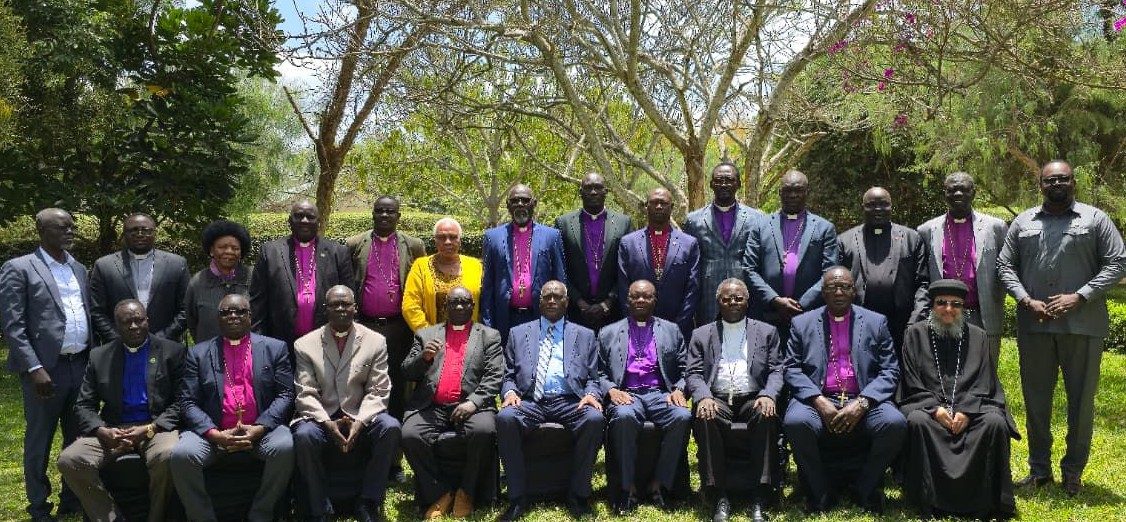
South Sudan’s most senior church leaders have launched a new peace push, calling on the nation’s political leadership to move from mere rhetoric to actionable commitments to rescue the country’s faltering peace process.
In a statement released after a high-level summit in Kenya, the South Sudan Council of Churches (SSCC) warned that the nation stands at a dangerous crossroads.
Citing a profound political and humanitarian crisis, the leaders announced the formation of the Church Initiative for National Healing and Reconciliation (CINHR), a new body aimed at breaking the political deadlock and steering the country toward lasting stability.
This comes after a five-day retreat for prayer and peace engagement held from September 9th to 13th in Machakos, Kenya.
In their statement, the leaders highlighted persistent delays in implementing the Revitalized Peace Agreement (R-ARCSS), ongoing and deadly sub-national violence, severe economic hardships, and a deep erosion of public trust in the peace process.
“All these have left the peace process fragile and the population in a state of enduring suffering,” the statement read, emphasizing the need for a critical and timely intervention to prevent the collapse of sustained peace efforts.
In response to the crisis, the SSCC declared it will assert its divine mandate to minister peace and reconciliation.
The leaders have positioned the church to serve as a trusted, neutral bridge between conflicting South Sudanese parties and act as the independent conscience of the nation.
The newly formed CINHR will be the primary mechanism for this work, tasked with creating safe spaces for genuine, country-wide dialogue.
The council outlined a clear and ambitious agenda, urging all parties to embrace a new path forward.
Theydirectly plead to political leaders to provide actionable commitments for peace and dialogue.
The clergy calledfor a general amnesty and national forgiveness, which would include clemency for those in detention and those who have taken up arms against the state.
The men of God further appealed to regional and international bodies—including the African Union (AU), IGAD, and the United Nations (UN)—to support the new church-led initiative.
They also committed themselves to exert considerable moral and spiritual influence to encourage good-faith negotiations and compliance with peace efforts.

